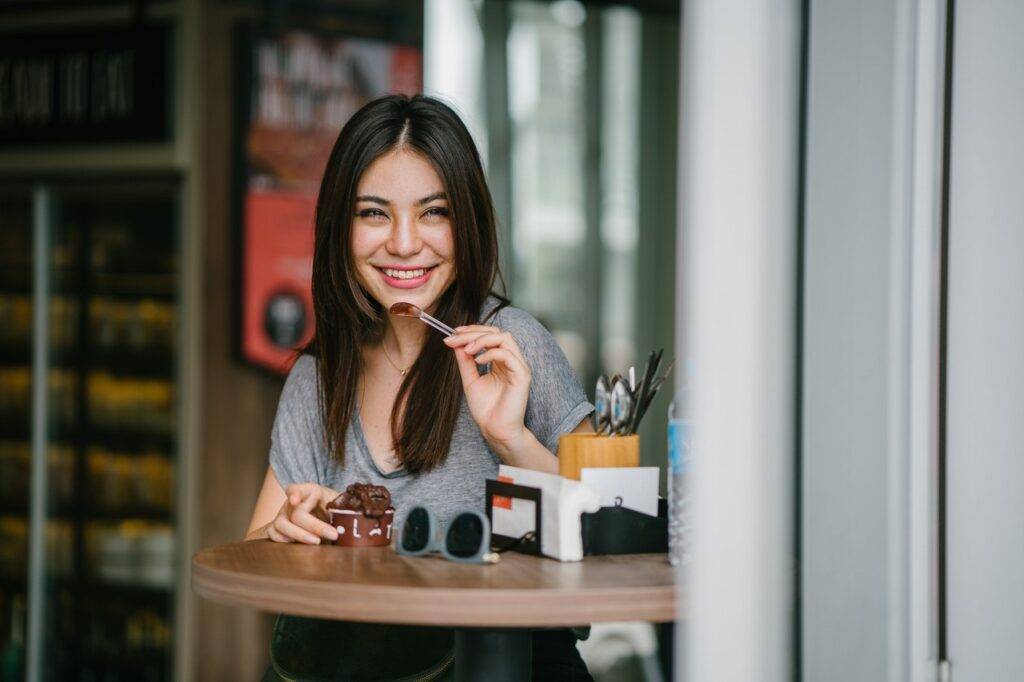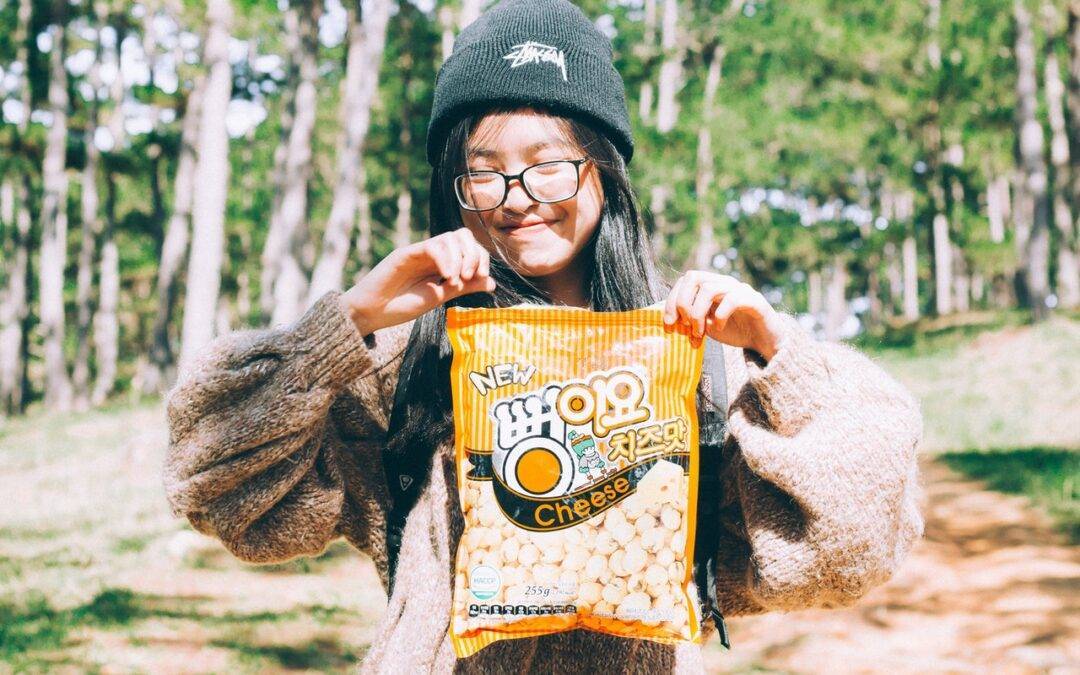The global snacking market is estimated to be over $400 billion dollars. That is a lot of global snacking. There is more snacking going around than we think of. And during this lockdown, snacks are a popular category of foods that are stocked up.
What Is Snacking?

The little morsels of food that we consume between major meals is called snacking. Which begs the question, why do we snack? We often snack when we are bored. Be it while watching TV, reading a book, keeping the kids occupied with their activities and watching over them, et al. Often enough snacking starts with salty and sweet foods with starch-based ingredients as a base – potato chips anyone? Snacking was not all bad at one point. It either started at home when you were young with your parents feeding you little snacks often healthy between major meals. Then in your teens and youth, the focus on activities resulted in missing meal times and relying on little snacks to tie you over. They do tie you over, however, they start building a habit, and snacking is just that – a habit. If you can get into it, you can get out of it.
Is Snacking Good or Bad?
And thus the question – Is snacking good or bad? If you are hiking, biking, or engaging in an active lifestyle and you miss your usual meal time with no access to meals, snacking isn’t a bad alternative. Almonds, walnuts, or any other form of nuts or foods with healthy fats, proteins, and carbohydrates are not bad. But mindless snacking when leading a sedentary lifestyle when you are looking to either maintain or lose weight, snacking is definitely bad. Something that needs a conscious self-evaluation.
So, what is happening inside our body when we snack?
When we snack, the blood sugar levels in our body spike. This increase in blood sugar levels several times of the day trains the body to expect these spikes often and almost trains the body to build cravings – almost an addiction you will. Ever wonder why sometimes snacks are addictive – remember the slogan, “Bet you can’t eat just one!” When the blood sugar levels go all over the map, your body finds it really tough to slip into the fat-burning mode. Why? Because it constantly keeps getting fuel that it can rely on versus finding it from its own reserves.
What can I do to curb my snacking?
This brings us to the question, how do I curb snacking?
- When you start feeling like having a snack, busy yourself. Often we feel the craving come on when we are bored, not busy or where the mind is not fully preoccupied with solving a problem.
- Drink a glass of water, say perhaps 500ml of it. It is a well-known fact that a significant portion of the population is chronically dehydrated. There is a high probability that your body is dehydrated and your body is just craving water and not solid food. If after 10 minutes of drinking you still feel hungry, then you know your body is truly craving a snack.
- After the self-evaluation if you realize you snack and it’s not because your body is not chronically dehydrated and sending you signals to snack. Increase the intake of fats. Add fats to your meals and increase the fat content. Fats tend to keep you fuller for longer periods and thus take you through the 3-4 hour gap between major meals. Fats also do not toy with your blood sugar levels as much as other foods.
- Last but not least, increase the intake of potassium. Some potassium-rich foods are Beet tops, Swiss chard, Avocado, Kale. Bananas a popular and well-known source of potassium does not nearly have as much potassium in it as the above-mentioned vegetables.
For other tips watch the video and follow our YouTube channel for more rich content.
To know what your body type is, or have your hormones evaluated to determine what your dominance is and therefore which foods you should consume and which foods to avoid – sign up at Fantastic Life. We are the world’s first hormone balancing app that provides a holistic evaluation of your body type with a smart tracker that ensures you are staying on track.

